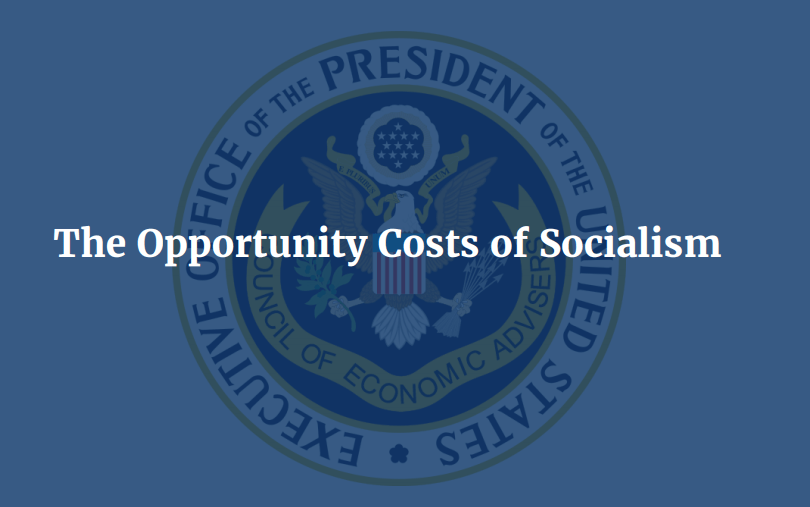Ever since Bernie Sanders lauded Denmark and the Nordic countries in 2016 as “a model for his vision of an ideal American future”, socialism has been under attack in the US.
In August, Fox News host Trish Regan compared the socialist dystopia of Denmark to Venezuela, making various claims about how the country is uncompetitive as a result. And now, the White House has published a new report that shines an unfavourable light on Nordic socialism.
‘The Opportunity Costs of Socialism’ compares a number of areas, such as taxation, education and income, and comes to the conclusion that the living standard in the US is 15 percent better than in Denmark and the Nordic countries.
“Although they are sometimes cited as more relevant socialist success stories, the experiences of the Nordic countries also support the conclusion that socialism reduces living standards,” the report found.
“By some measures, even poor American households have better living standards than the average person living in a Nordic country.”
READ MORE: Danish News in Brief: Was Denmark’s reaction to Fox News beneath them?
Living standards and education
The report, which seems to do its best to bring up the failures and hardships endured in communist China, the Soviet Union and Venezuela, claims that embracing socialism would cripple the US economy and negatively impact the average American. High taxes is just one avenue of attack that was implemented.
“Even after accounting for transfers, a one-income couple earning the average wage with two children faces an all-in average personal income tax rate of 22 percent in the Nordic countries (counting government transfers as a negative tax), as compared with a rate of 14.2 percent in the United States. This comparison for the various family types suggests that American families earning the average wage would be taxed $2,000 to $5,000 more per year net of transfers if the United States had current Nordic policies.”
The report also questioned whether a free university education, such as what Denmark offers its citizens, was worth it, claiming that Americans were more likely to attain higher education.
There was no mention of the 32 million adults in the US that are illiterate. There was also no mention of the millions of Americans who can’t afford to get an education, or the millions saddled with student debt.
“In comparison with the tertiary schooling returns in the Nordic countries, American college graduates get their tuition back with interest, and also a lot more. To put it another way, the rates of return for a college education in the Nordic countries are low, and propensities to invest are not high, despite the fact that such an investment requires no tuition payments out of pocket.
READ MORE: Trump’s threat to tear up nuclear treaty worries Danish foreign minister
Timing is everything
The timing of the report, just ahead of the midterm elections, is not a coincidence, according to Jacob Kirkegaard, an economist working at the Peterson Institute for International Economics in Washington DC.
“Socialism is a dirty word in the US and the goal here is to provide Republican activists some fodder then can feed their voters – particularly the younger generation, which has really hit the skids,” he told DR Nyheder.
“Their economic opportunities are significantly poorer and many who have studied have massive student debts. So there are far more young Americans that are advocates of an activist state with a major redistribution policy, as we know, for example, from the Nordic region.”
Kirkegaard went on to say that the conclusions of the report weren’t necessarily incorrect, but they are without context and politically tendentious. The report’s comparison of living standards invited criticism, he said, given that the wealth disparity gap in the US is so high.















